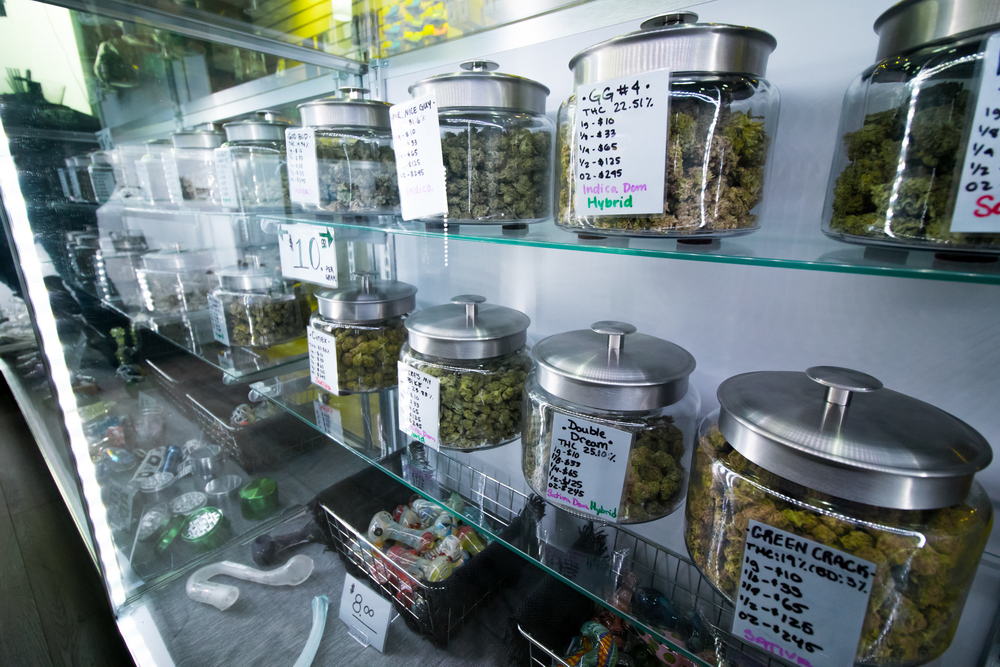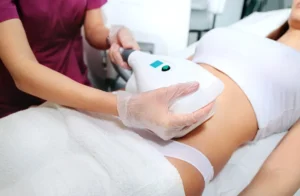
Selection of medical recreational cannabis at a legal retail store
I have been witness to a lot of strange circumstances in my lifetime. Among them is the coexistence of medical cannabis and recreational marijuana in the same jurisdiction. It makes no sense to me, yet multiple states practice it. They allow both medical cannabis and recreational marijuana yet attempt to keep them separate and distinct.
There are other states that continue to ban recreational marijuana despite allowing medical cannabis. Their distinctions between the two are much clearer. They need separate laws governing both because one is legal and the other is not. That makes sense. But when a state allows both medical and recreational consumption, I failed to understand the need to maintain a separate medical program.
Getting a Medical Cannabis Card
My inability to reconcile coexisting programs begins with the idea of getting a medical cannabis card. Whether a patient lives in California or New York, having access to medical cannabis requires a state-issued card. Getting a card requires visiting a doctor, submitting an application, and paying a fee.
A similar procedure exists in Utah, where recreational marijuana is not allowed. But it’s for that very reason that patients decide it’s worth enduring the hassle to get a card. I am forced to wonder what the deal is in California and New York.
Medical cannabis patients in both of those states technically don’t need a card to get their hands on marijuana. They can visit the nearest recreational dispensary and buy pot to their heart’s content. So why go through the hassle of getting a card? Why bother running off to the doctor and paying a fee? It just doesn’t make sense to me.
Is Quality Really a Concern?
Proponents of maintaining coexisting programs say that one of the reasons for doing so is to ensure that medical cannabis patients get superior quality. After all, they are using marijuana as a medicine. They deserve the highest possible quality and maximum potency.
While that may be true in theory, does it play out in reality? I don’t know. I have yet to see any reliable data answering the question of whether patients bother getting medical cannabis cards in states where they can buy recreationally. From my own experience, I can say I would not bother with a card.
I say that because medical cannabis patients self-medicate even with valid cards. Remember that medical cannabis cards are not prescriptions. When a patient visits the Beehive Farmacy, a marijuana pharmacy in Salt Lake City, UT, his card gets him in the door. The card gives him the legal right to purchase medical cannabis. But that’s it.
When it comes to product selection, the patient is on his own. He can ask the on-site pharmacist for advice about products, delivery methods, and dosage, but he ultimately decides how to treat his condition. He decides what to take, how often to take it, and whether or not to try something else.
An Unnecessary Redundancy
Call me pragmatic or even pessimistic, but I think maintaining coexisting programs equates to an unnecessary redundancy. It is superfluity in the form of a drug our culture seems to want free access to regardless of any potential impacts on society.
Coexisting medical and recreational cannabis programs are a strange case to me. I don’t get it. But at the end of the day, it doesn’t really matter. The majority of Americans believe medical cannabis should be made legal nationwide. We are quickly approaching the point at which the majority are also in favor of unrestricted recreational marijuana. What I think doesn’t really matter anymore.






